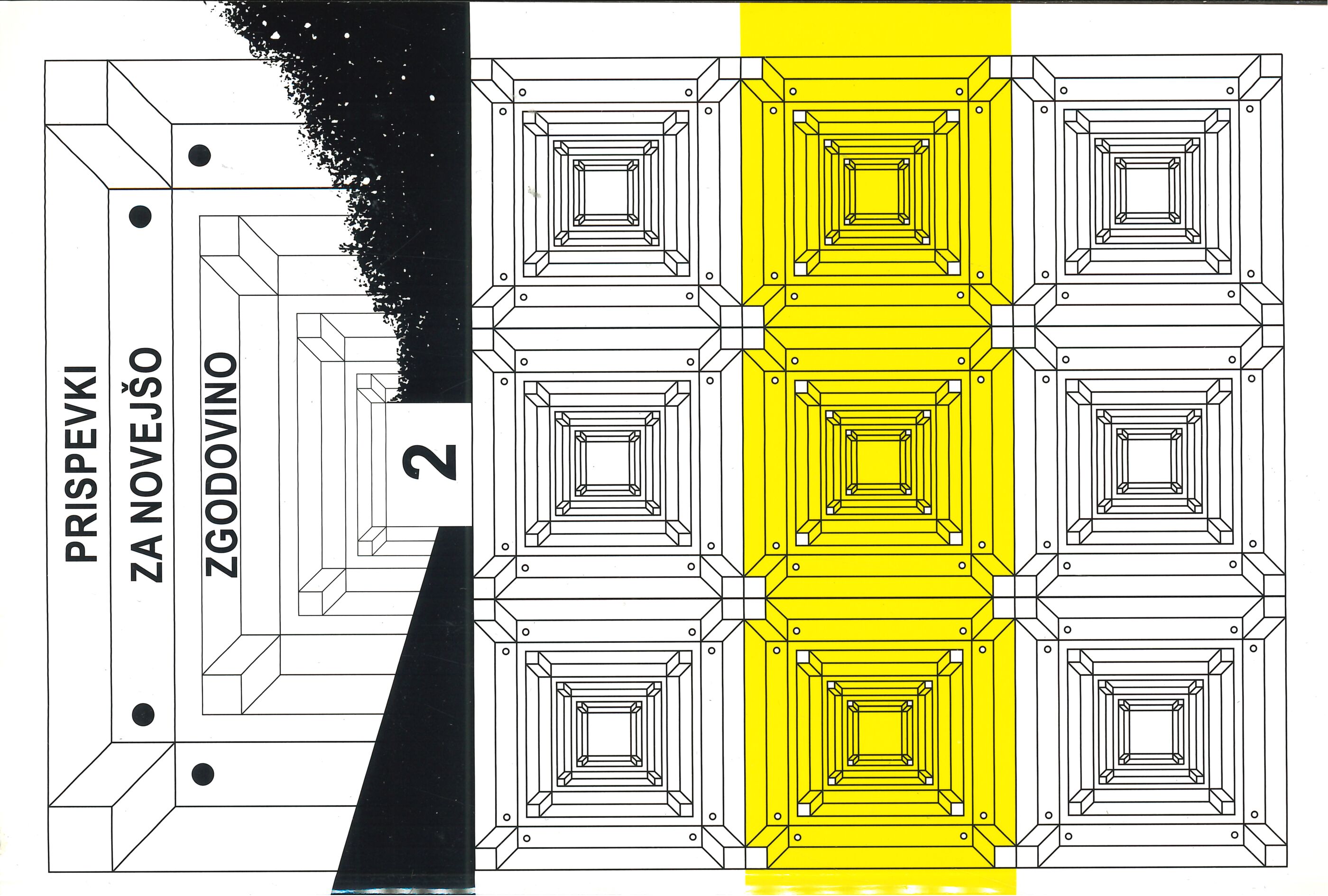Ekonomske sankcije Društva narodov: primera Kraljevine SHS in Kraljevine Italije
Keywords:
Kingdom of SCS, Kingdom of Italy, League of Nations, economic sanctions, border dispute, military aggressionAbstract
THE LEAGUE OF NATIONS ECONOMIC SANCTIONS: CASES OF THE KINGDOME OF SCS AND THE KINDOME OF ITALY
The territory of contemporary Slovenia, as a part of other state formations, has been an object of international community sanctions on several occasions in the last century. Our analysis encompasses two cases, in which the League of Nations introduced sanctions, namely threat of sanctions and the initiation of procedure against Kingdom of Serbs, Croats and Slovenes in 1921 due to its violation of state border with Albania set in 1913 and its military incursions on Albanian territory, and economic sanctions against Kingdom of Italy due to its military aggression against Abyssinia in 1935. The former case was a success because sanctions did have an effect and they brought about a solution of the problem even before they were formally introduced whereas the latter was a failure because it didn’t stop military aggression. The reasons for the success in the case of Kingdom of SCS are above all in less ambitious objective, in concordance of the League of Nations member states and in vulnerability of the object state, whereas the reasons for the failure of the Italian case were in inconformity of objectives and means, the former being too ambitious compared to the means applied, in the lack of concordance and decisiveness of the League of Nations member states, in non-comprehensiveness of economic sanctions, in the role of third parties and in nationalistic response of Italy to the sanctions.
Downloads
Published
Issue
Section
License
Authors who publish with this journal agree to the following terms:
- Authors retain copyright and grant the journal right of first publication with the work simultaneously licensed under a Creative Commons Attribution License that allows others to share the work with an acknowledgement of the work's authorship and initial publication in this journal.
- Authors are able to enter into separate, additional contractual arrangements for the non-exclusive distribution of the journal's published version of the work (e.g., post it to an institutional repository or publish it in a book), with an acknowledgement of its initial publication in this journal.
- Authors are permitted and encouraged to post their work online (e.g., in institutional repositories or on their website) prior to and during the submission process, as it can lead to productive exchanges, as well as earlier and greater citation of published work (See The Effect of Open Access).


